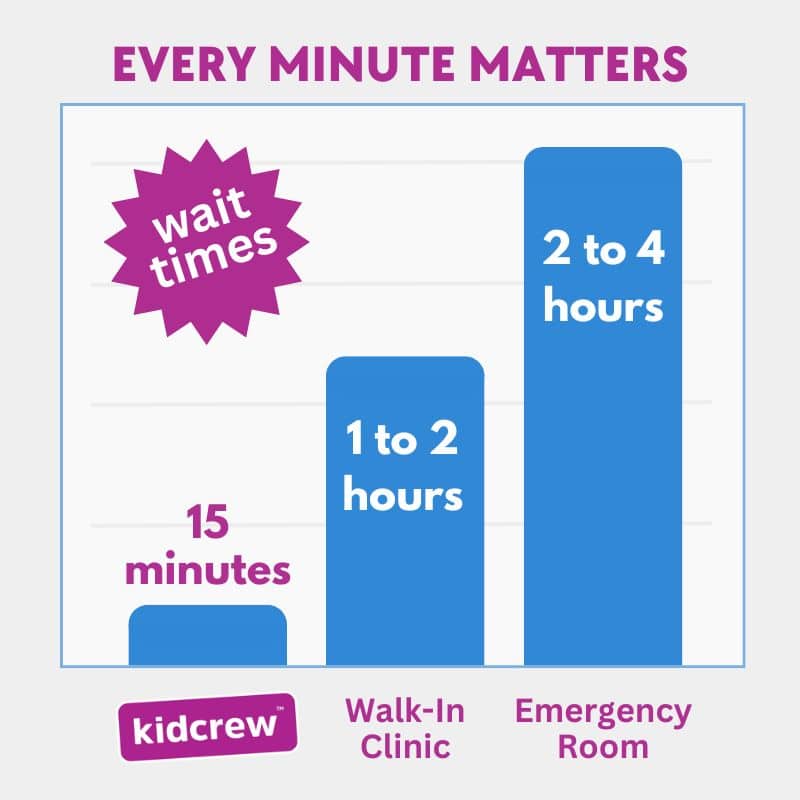Navigating the Frightening Reality of a Child’s First Seizure
It’s a typical weekday evening. Your child is playing quietly in the living room when, suddenly, they begin to experience unusual movements or stiffening. You rush over to find them unresponsive and shaking uncontrollably. Your heart races—this is their first seizure. The critical question now: Should you head straight to the emergency room, or is urgent care sufficient?
“Seeing your child experience a seizure for the first time is terrifying. Immediate medical evaluation is crucial, as it can be a sign of a serious condition,”
– Dr. Dina Kulik
Understanding Seizures in Children
Seizures can be alarming, and they manifest in various ways, from convulsions and twitching to a full loss of consciousness.
Recognizing what warrants an emergency room visit is key to ensuring your child gets the right care.
Signs that Require Emergency Room Visits:
- First-Time Seizure: Any first-time seizure should be evaluated in an emergency room. Medical professionals need to determine the cause and prevent potential complications.
- Prolonged Seizure: If a seizure lasts more than 5 minutes, it’s considered a medical emergency.
- Prolonged seizures can cause damage to the brain.
- Multiple Seizures: If your child has more than one seizure within a 24-hour period, they need to be seen in an emergency setting.
- Difficulty Breathing or Waking After a Seizure: If your child has trouble breathing during or after a seizure, or if they do not return to their usual level of alertness, they require immediate medical attention.
When Is Urgent Care Appropriate?
For children who have known seizure disorders like epilepsy, and who experience a typical seizure for their condition, follow-up care can often be handled by their regular healthcare provider or at an urgent care facility:
- Known Minor Seizures: If your child has a history of seizures and experiences one that fits their known pattern, and they recover quickly, follow-up care can sometimes be handled through urgent care.
- Post-Seizure Check-ups: If your child is already under a neurologist’s care and has a seizure that isn’t unusual for them, a follow-up appointment at an urgent care or with their specialist might suffice.
“After a first seizure, it’s important to get a thorough evaluation to rule out causes that need immediate treatment. This is typically done in an emergency room.”
– Dr. Dina Kulik
Conclusion: Safety First
The immediate aftermath of a seizure, especially a first-time event, is critical. Choosing the right place for care—usually the ER for first seizures—ensures that your child receives the best possible evaluation and treatment.
Preparing ahead of time, knowing the signs, and understanding when to seek immediate help can make a significant difference in managing this scary situation effectively and calmly.
Remember, when it comes to seizures, it’s always better to err on the side of caution. Emergency medical services (EMS) or an immediate trip to the ER can provide the necessary support and potentially life-saving intervention.








































